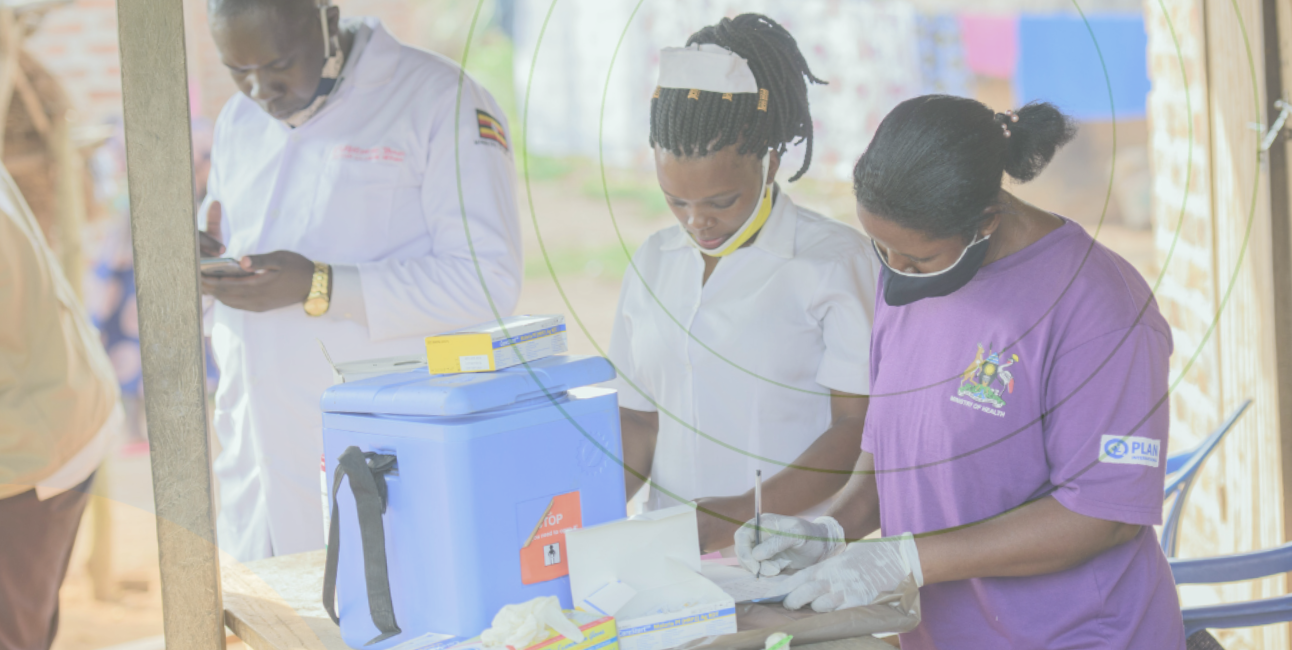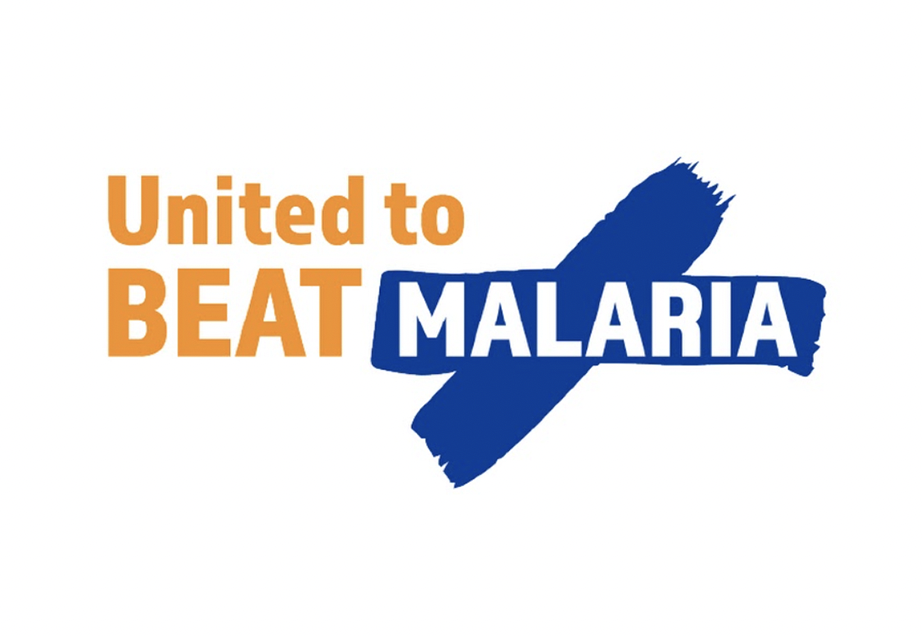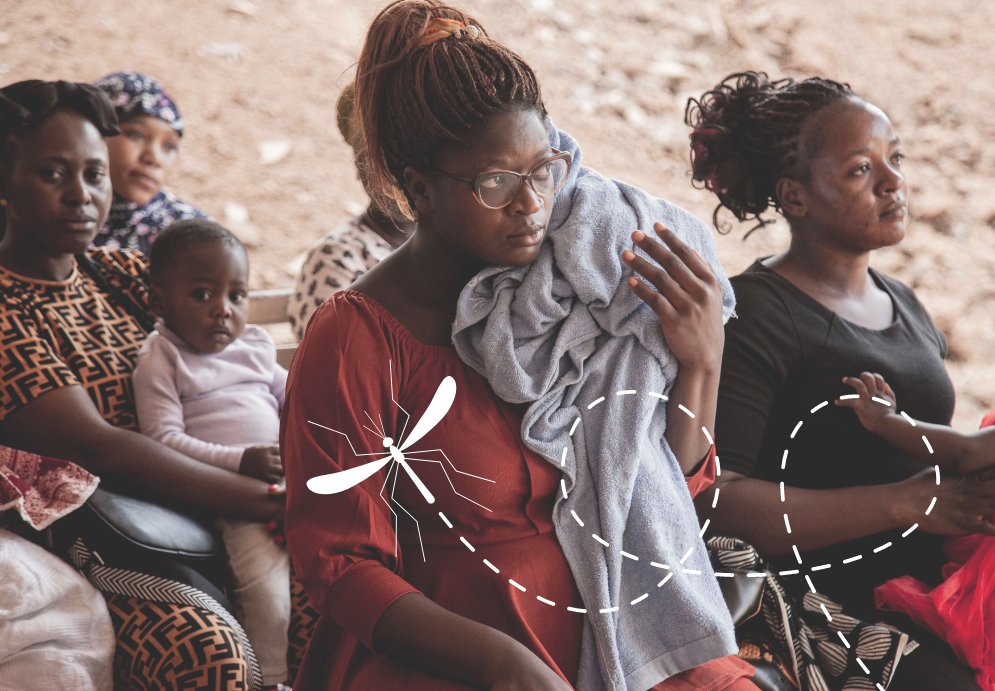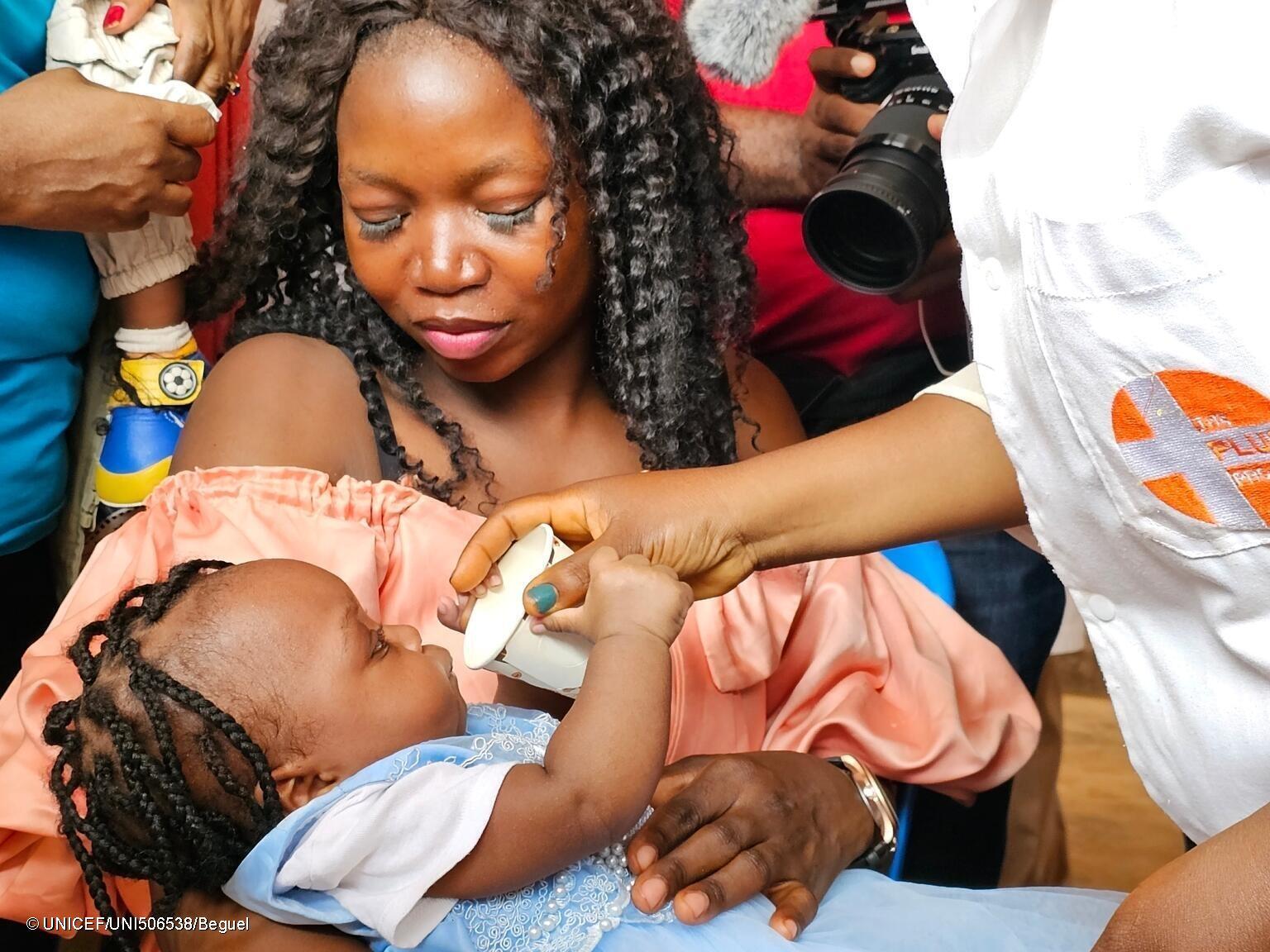World Malaria Report Emphasizes Climate and Vaccines
The WHO's 2023 World Malaria Report discussed the adverse effects of climate change on malaria transmission and the transformative power of vaccines. Now, as we enter 2024, the groundwork is being built for routine immunization against one of the deadliest diseases for children.

Each year, the WHO releases the World Malaria Report covering the trends, statistics, and ongoing solution development in the battle against malaria. Key takeaways from this year’s report include the role of climate change in combatting malaria transmission and a new emphasis on vaccine access in malaria-endemic countries.
As the 28th United Nations Climate Change Conference (COP28) is now underway, calling attention to the adverse effects of climate change on malaria and other vaccine-preventable diseases is more important than ever. The World Health Organization has deemed climate change “one of the biggest threats and challenges to human health and well-being,” as it undermines many of the social determinants of good health, such as livelihoods, nutrition, security, and access to essential health services.
In the case of malaria transmission, climate change has led to disruptions in the supply chain of vaccines, insecticide-treated bed nets, and more; increases in population displacement that puts already-vulnerable populations at risk; and rising temperatures in African highland areas that were once malaria-free. One example of the impact of detrimental weather patterns is the excessive rainfall and flooding in Pakistan last year. The resulting standing water created an ideal breeding ground for mosquitos, leading to five-fold increase in malaria cases. All of these factors have led to 249 million cases of malaria in 2022, compared to 233 million in 2019.

But there is hope on the horizon. Despite the dire circumstances caused by increasingly intense effects of climate change, vaccine innovation could transform the fight against malaria. Since 2019, over two million children in Ghana, Kenya, and Malawi have received at least one dose of the RTS,S/AS01 malaria vaccine, recommended by WHO in 2021 for areas of moderate-to-high malaria transmission. Subsequent data show a substantial reduction in severe malaria cases, alongside a 13% drop in early childhood deaths in areas where the RTS,S vaccine has been administered. These optimistic trends are to continue in 2024, as 12 African countries—which are home to 95% of all malaria cases—are set to receive 18 million doses of RTS,S early in the year. Just last week, over 330,000 doses of the vaccine arrived in Cameroon, serving as the first of many historic steps towards broader vaccination against one of the deadliest diseases for African children.
In addition to the distribution of the RTS,S vaccine, global immunization efforts are ramping up after WHO recommended a second safe and effective malaria vaccine—R21/Matrix-M—in October of this year. The resulting two-vaccine market will make a broad scale-up in Africa possible as both vaccines move out of their pilot phases. We already see groundwork being built for countries to begin vaccinations through Gavi-supported routine immunization in 2024.
Looking ahead, we know that strong health surveillance systems will be essential to estimate the burden of malaria and to develop strategies for its control and elimination, particularly in a world being reshaped by climate change. The international community has a key role to play in increasing supply and reducing the cost of tools like the R21 and RTS,S malaria vaccines, as well as helping to build more resilient health systems on-the-ground in endemic countries.





